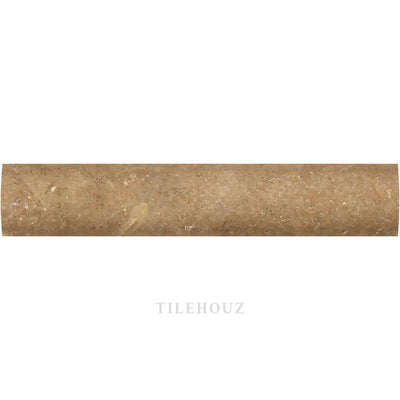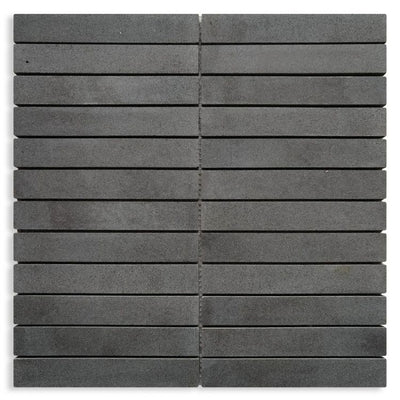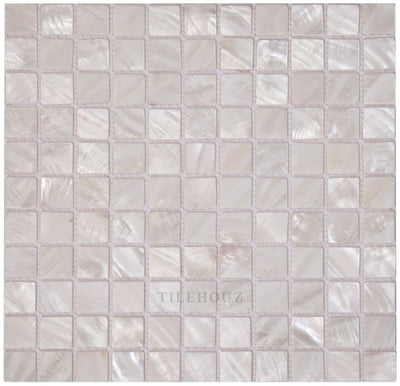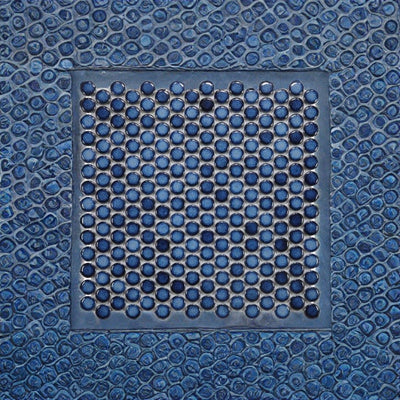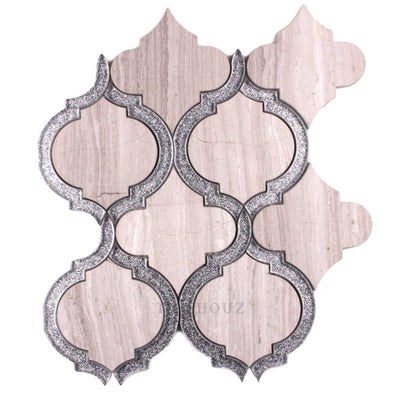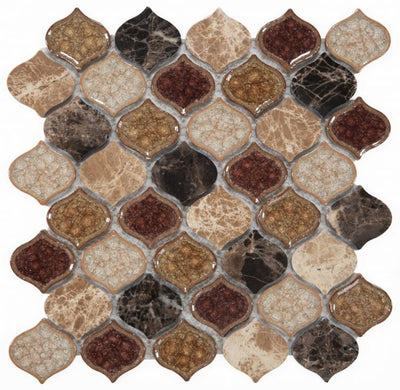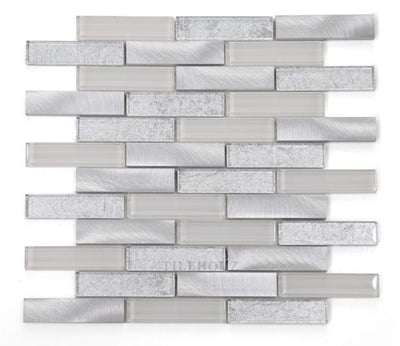Epoxy vs Regular Grout
The choice between epoxy grout and regular grout depends on several factors and the specific requirements of your project. Here are some points to consider:
1. Stain Resistance: Epoxy grout is highly resistant to stains, making it a preferred choice for areas prone to spills or high moisture, such as kitchens and bathrooms. Regular grout, on the other hand, may require sealing to prevent stains.
2. Durability: Epoxy grout is known for its exceptional durability. It is less likely to crack, chip, or deteriorate over time compared to regular grout, which can be more prone to wear and damage.
3. Color Consistency: Epoxy grout maintains its color consistency over time, while regular grout can be susceptible to discoloration due to factors like water absorption or exposure to sunlight.
4. Application Difficulty: Epoxy grout is generally more challenging to work with than regular grout. It has a shorter working time and requires precise mixing ratios and thorough cleaning during installation. Regular grout is easier to apply and suitable for most standard tile installations.
5. Cost: Epoxy grout tends to be more expensive than regular grout. If budget is a concern and the area doesn't require the specific benefits of epoxy grout, regular grout may be a more cost-effective option.
Ultimately, the best choice depends on your priorities and the specific needs of your project. If you value stain resistance, durability, and long-term color consistency, and you are willing to invest more time and effort during installation, epoxy grout may be the better option. However, for simpler installations or projects with budget constraints, regular grout can still provide satisfactory results.
1. Stain Resistance: Epoxy grout is highly resistant to stains, making it a preferred choice for areas prone to spills or high moisture, such as kitchens and bathrooms. Regular grout, on the other hand, may require sealing to prevent stains.
2. Durability: Epoxy grout is known for its exceptional durability. It is less likely to crack, chip, or deteriorate over time compared to regular grout, which can be more prone to wear and damage.
3. Color Consistency: Epoxy grout maintains its color consistency over time, while regular grout can be susceptible to discoloration due to factors like water absorption or exposure to sunlight.
4. Application Difficulty: Epoxy grout is generally more challenging to work with than regular grout. It has a shorter working time and requires precise mixing ratios and thorough cleaning during installation. Regular grout is easier to apply and suitable for most standard tile installations.
5. Cost: Epoxy grout tends to be more expensive than regular grout. If budget is a concern and the area doesn't require the specific benefits of epoxy grout, regular grout may be a more cost-effective option.
Ultimately, the best choice depends on your priorities and the specific needs of your project. If you value stain resistance, durability, and long-term color consistency, and you are willing to invest more time and effort during installation, epoxy grout may be the better option. However, for simpler installations or projects with budget constraints, regular grout can still provide satisfactory results.

